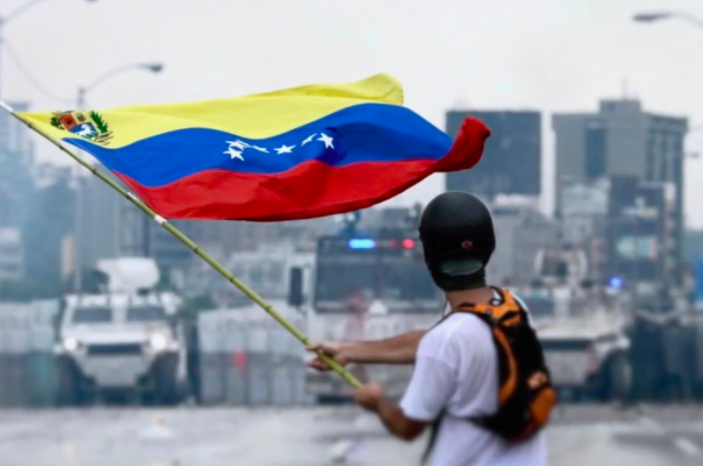The sanctions announced by the US government against Venezuela complicate the South American country’s financial situation, but they are unlikely to lead to its ninth default since 1902. The new restrictions prohibit US-American citizens of companies to trade new Venezuelan bonds, making it harder for PDVSA to refinance its debt burden. Yet the sanctions fall short of a full embargo, which would have a far more profound effect on the Venezuelan economy, almost certainly causing more social instability and even more severe product shortages until Caracas would find alternative buyers of the 700,000 barrels of oil it sells daily to the United States.
What the sanctions do achieve, however, is a further consolidation of Chinese or Russian influence in Venezuela. With US rhetoric indicating that tougher sanction may follow soon, the Maduro regime knows that its capacity to hold on to power now completely depends on Vladimir Putin and Xi Jinping, who have provided both Chávez and Maduro with ample financial support over the past years — in China’s case, around U$ 60 billion. Those who think China and Russia support Maduro merely to irk the United States overlook that Venezuela is a genuinely important partner to both Moscow and China. Venezuela reliably defends Russia in multilateral fora and buys Russian weapons, while it is the seventh-largest oil provider to China, making it almost as important to Beijing as Saudi Arabia is to the United States.
Provided that the Venezuelan regime will survive — and a lot suggests that it will, for the foreseeable future — US sanctions thus accelerate the emergence of a large South American country largely dependent on actors from outside of the Western Hemisphere. The United States remain, at this point, the largest buyer of Venezuelan oil, but it is no secret that the Venezuelan regime is fully aware of the risk that it may soon have to replace it and sell more oil elsewhere — most likely to China and India. The geopolitical consequences of such a profound change occur in parallel to a growing Chinese economic presence in the rest of South America that has already tremendously diminished US influence. That will be particularly felt during Brazil’s upcoming wave of privatizations, when Chinese investors will invest in airports, utilities and other companies still owned by the Brazilian government. None of this is bad news per se — but it underlines the urgent need to discuss how South America should operate in an increasingly Asia-centric world.
Read also:
What Russia gains by supporting the Venezuelan regime
Venezuela: No Solution Without Beijing
Mesa redonda: A crise política na Venezuela: Dilemas e impactos na América Latina









